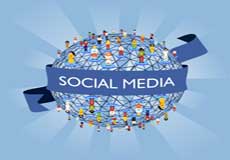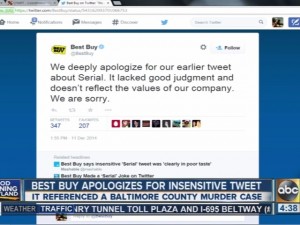If we take a look back ten years, even twenty years, into the past, we will see that the aspects that helped the workplace thrive are much different than now. Ten to twenty years ago, online recruitment and promotion was unheard of. Connections were made through face to face communication and word of mouth networking. People would physically work hard to promote their specific product or to arrange meetings that would help their credibility and job standing. Personal identity and professional identity were not nearly linked as closely as they are now.
These times were tough and the actions people took were commendable. But times are changing and the workplace is rapidly becoming more technology based. Audiences are more vast and diverse than ever. The link between your personal and professional identity is so close now that people often feel pressured to make sure their personal lives do not hurt his/her professional reputation.
Social media is one main factor contributing to the pressure of conforming to normative standards in the professional setting. Self presentation has, and always will be, an important aspect of earning a positive professional reputation. However, in our modern society, with such social media as Facebook and Instagram, individuals are now pressured to keep their personal lives at bay. Many companies are able to view potential candidates before they even reach the interview and judged solely on what appears on these social media sites. In my opinion, this is absolutely unfair but something that should be accepted and respected until the times catch up with technology. Enjoy your life but do not post everything online. Keep things to yourself.
Moving past the social media outlets, self presentation will surely help your case should you pass the social media test. Keep yourself up to date with the normative standards of the career you plan to pursue and abide by them. Keep yourself cleanly shaved and dress appropriately. However, although influential, even this does not determine whether you fail or succeed at your career. Understanding the current technologies will determine how well you succeed. No matter the type of person you are, if you are more than capable of completing the desired tasks, you will likely have a job. For example, it is likely that a job promoting a product through social media will go to a young college graduate as opposed to an older gentlemen or lady with years of experience. This is only because younger college students are more familiar with the current technologies. This is not to say that older folks are at a disadvantage, they just need to make sure they are keeping up with the times.
Overall, it is important to maintain a respectable personal identity if you wish to share so much online in order to maintain a credible professional identity. This will be the case until the times catch up with technology. Self presentation or “branding” will always be critical in assisting your overall identity. With the vast and diverse audience, presenting yourself in the right way will not only maintain your professional identity but also entice others to follow your ways. 









